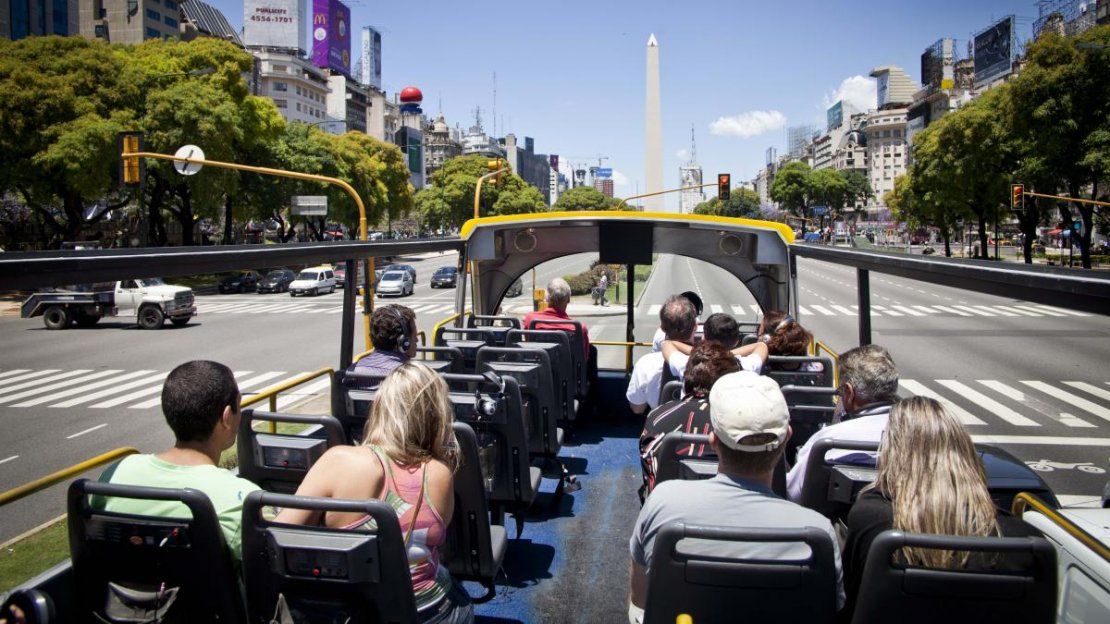Perfect. I agree that the 12% of GDP that tourism contributes to Argentina's economy is not sufficient. Those blasted tourists that are a drain on Argentina's resources and contribute nothing to the local economy. I think Argentina would be much better off if it just banned tourism all together. Now THAT would ensure no one "free-loaded" on Argentina's great infrastructure.
I had a 'pleasure' of working at one time in the tourism sector in one of those countries where tourist tax + tourist registration were obligatory and non-compliance carried a fine of 600 eur.
The problem was that most tourists had no idea about the regulation, and those that did know about it, they did not have an easy way to register their stay and pay the tax (1 eur/person/day). To comply a tourist had to wait in 2 separate lines (registration was done by a branch of the ministry of internal affairs while the payment had to be done at the bank or the post office), deal with the often unpleasant bureaucrats and lose their time instead of enjoying the sea and leaving their money in the local businesses. More often than not, local apartment owners did not want anything to do with the process (it is burdensome and costly to prepare an official, legal and fiscally compliant rental agreement for a short vacation i.e. 2-3 night stay), leaving the tourist liable/vulnerable and non-compliant. In other words, the system of tourist registration and collecting 1 eur/person/day was very inefficient, costly to operate, not kept up with the needs of the 21st century, and burdensome to all parties involved. And of course, the process left room for abuse.
The tourist experience was especially made ugly when the border officials would 'randomly' look for the proof of registration and tourist tax payment in order to collect the fine (which legally can only be paid at the bank during banking hours Mon-Fri). These same border officials knew that they cannot detain foreign citizens from leaving the country in question for not being fiscally compliant with the tourist tax. So you can imagine the outcome: subjective and selective application of the regulation. In other words, the EU/US/Developed Economy citizens were very selectively bothered, while those coming from Turkey, Russia, etc., were often scared into paying the negotiated/reduced fine in cash on the spot.
And the country in question, despite its natural beauty, continues to be one of the most corrupt in the region, where nepotism is the rule and the large portion of the money collected from the tourist tax habitually becomes unaccounted for, year after year. Quite pathetic if you ask me.

 m.ambito.com
m.ambito.com

